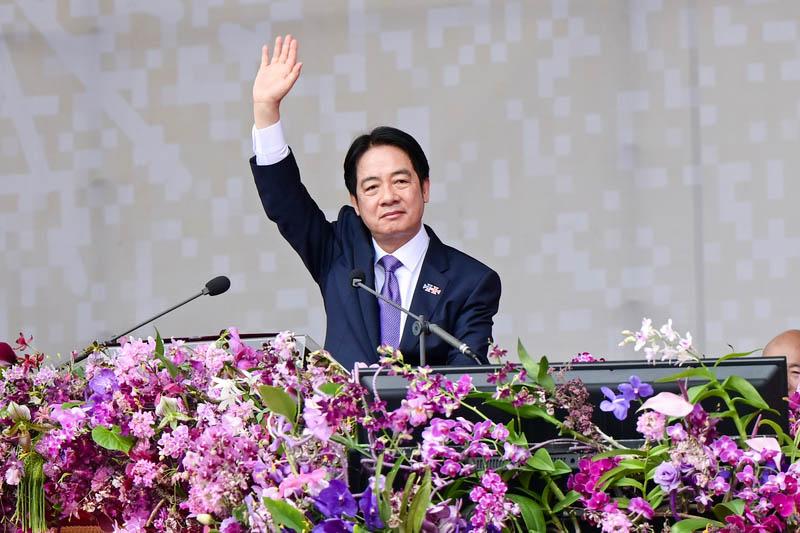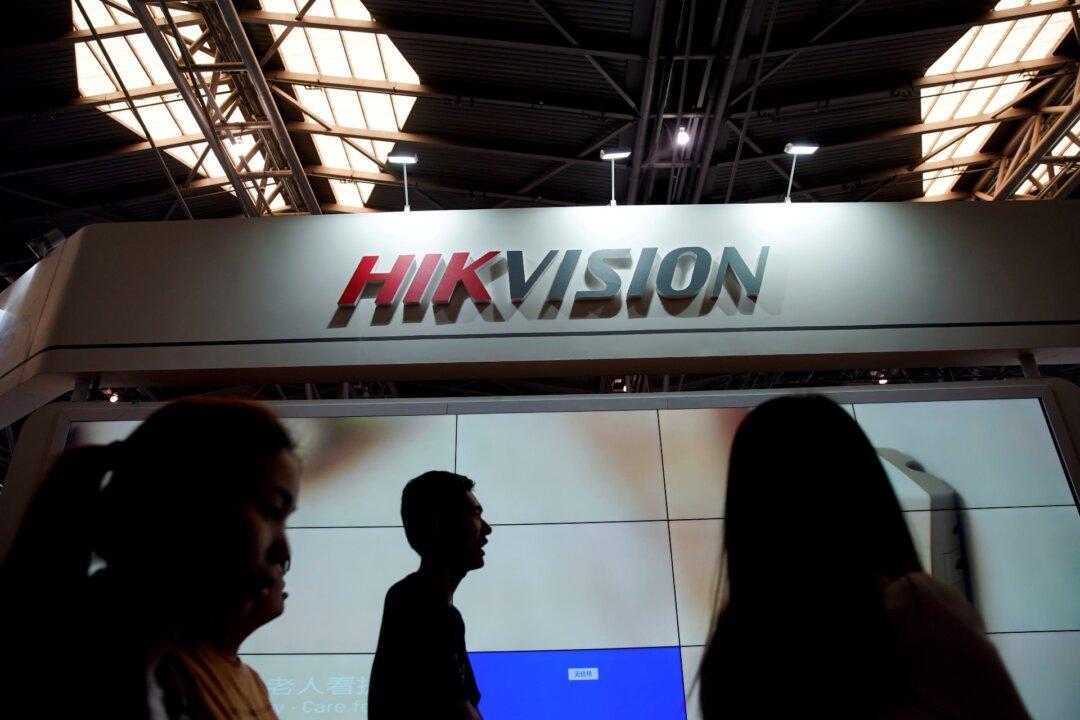The House has advanced a bipartisan bill aimed at preventing U.S. taxpayer dollars from flowing to Chinese biotechnology firms that pose a national security threat.
The BIOSECURE Act (H.R. 8333) was approved by the House Oversight Committee on May 15 by a 40–1 vote. The bill would ban federal agencies from contracting any Chinese “biotechnology company of concern,” including Beijing Genomics Institute (BGI), MGI, Complete Genomics, WuXi Apptec, and WuXi Biologics.





